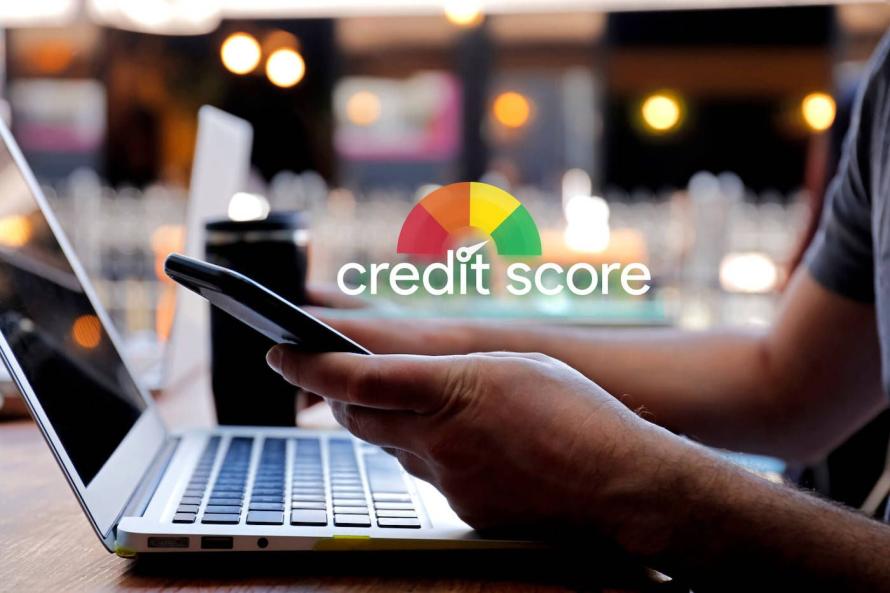Know Your Credit Score: Role of CIBIL, Experian & Others in India

Rahul had big dreams. After getting his first job in Mumbai, he wanted to buy a laptop, furnish his small, rented flat, and maybe even get a bike on EMI. But there was one problem—he didn’t have enough savings. Like many young professionals, Rahul thought of applying for a credit card and maybe even a small personal loan.
So, one afternoon, he walked into a nearby bank, filled out the forms, and waited eagerly. A few days later, he got a message: “Loan Application Rejected.”
Confused and disappointed, Rahul rushed back to the bank. “Why was my application rejected?” he asked. The bank officer looked up and said, “Sir, your credit score is too low.” Credit score? What’s that? Rahul had never borrowed money before. How could he have a bad score?
Meet the Credit Bureaus
That’s when Rahul’s real journey began. He learned about credit bureaus—companies that track people’s financial behavior. These bureaus keep a record of how much money people borrow, how they repay it, and whether they pay on time.
Rahul found out that every time someone applies for a loan or credit card, banks don’t just look at income—they also check how trustworthy the person is with money. And this is judged through a credit report and credit score, prepared by credit bureaus.
He realized that credit bureaus are like report card makers for adults—not for school, but for finances.
Understanding the Score
Rahul discovered that credit scores in India range from 300 to 900.
- If your score is above 750, you’re seen as very reliable.
- Between 700 and 750 is still good.
- Scores below that? You might be seen as a risk.
Rahul’s score was low, not because he had done anything wrong, but because he hadn’t done anything at all—he had no credit history.
The Four Guardians of Credit in India
Determined to learn more, Rahul dug deeper. He found out there are four major credit bureaus in India. Each of them plays a role in building a person’s financial reputation.
Credit Bureau
A credit bureau is a financial institution responsible for collecting and maintaining credit-related information submitted by banks, non-banking financial companies (NBFCs), and other lenders. This data includes loan details, credit card activity, repayment behavior, defaults, and credit application history.
Based on this information, credit bureaus produce credit reports and assign a credit score—a numerical representation of a borrower’s creditworthiness, typically ranging from 300 to 900. This score is a critical factor considered by lenders when evaluating loan and credit card applications. A higher score indicates stronger credit behavior and a lower lending risk.
Credit scores are generally interpreted as follows:
- 750 – 900: Excellent
- 700 – 749: Good
- 450 – 699: Fair or Average
- Below 450: Poor
Maintaining a favorable score enhances one’s chances of securing credit on competitive terms.
TransUnion CIBIL
TransUnion CIBIL (Credit Information Bureau India Limited), established in 2000, is India’s oldest and most widely recognized credit bureau. It has played a pivotal role in shaping India’s credit landscape and is a preferred choice among major financial institutions for credit checks.
CIBIL provides both consumer and commercial credit reports and generates a credit score ranging from 300 to 900. A score above 750 is typically regarded as strong. Its shareholder base includes prominent Indian banks such as SBI, ICICI, Bank of Baroda, and Indian Overseas Bank, reflecting its institutional credibility.
Fee Structure:
- One complimentary credit report is available annually.
- For subsequent access:
- ₹550 for one month of unlimited access
- ₹800 for six months
- ₹1,200 for twelve months
Experian India
Experian, a globally recognized credit reporting agency, commenced operations in India in 2010 and was the first to be granted a license under the Credit Information Companies (Regulation) Act by the Reserve Bank of India. It provides credit information services to both individuals and businesses.
Experian is widely appreciated for its intuitive digital interface and efficient dispute resolution process. It is also extensively utilized by digital lenders and fintech firms due to its scalable and fast-reporting systems.
Fee Structure:
- One free credit report is available per calendar year.
- Subsequent charges:
- ₹138 for a credit report only
- ₹399 for a credit report with a credit score
Equifax India
Equifax, founded in the United States in 1899, established its Indian operations in 2010. Though it has a relatively smaller consumer footprint compared to CIBIL, it is widely used by institutions operating in rural and semi-urban markets. It provides comprehensive consumer and commercial credit information and risk assessment tools.
Equifax also offers specialized services such as portfolio and fraud risk analysis, making it a valuable resource for businesses engaged in large-scale lending or risk modeling.
Fee Structure:
- One complimentary credit report each year
- Subscription options for additional access:
- ₹250 for monthly access
- ₹450 for quarterly access
- ₹900 for annual access
CRIF HighMark
CRIF HighMark, a subsidiary of the Italy-based CRIF Group, is distinguished by its focus on underbanked and rural segments. Approved by the Reserve Bank of India, it has a strong presence in microfinance and is actively used by institutions serving low-income and semi-urban populations.
CRIF HighMark provides credit information for individuals, small businesses, and large corporates. It is the only credit bureau in India with extensive coverage across the microfinance segment, and it plays a vital role in expanding financial inclusion.
Fee Structure:
- One free report annually
- ₹399 for a full credit report with score
- ₹99 for a credit report without score
Looking Ahead: Public Credit Registry (PCR)
While these four credit bureaus serve the majority of the market, regular access to credit information often comes at a cost. To address affordability and improve transparency, the Government of India, under the supervision of the Reserve Bank of India, is developing a Public Credit Registry (PCR). Once operational, PCR is expected to centralize credit data and make it more accessible to consumers at a significantly lower cost, supporting broader financial awareness and inclusion.
Bottom Line
Understanding credit bureaus and your credit score is essential for managing your financial health in India. By knowing how these agencies work and regularly checking your credit report, you can build a strong credit history that opens doors to better loans, credit cards, and financial opportunities. Start taking charge of your credit today, and secure a brighter financial future.




Leave a Reply